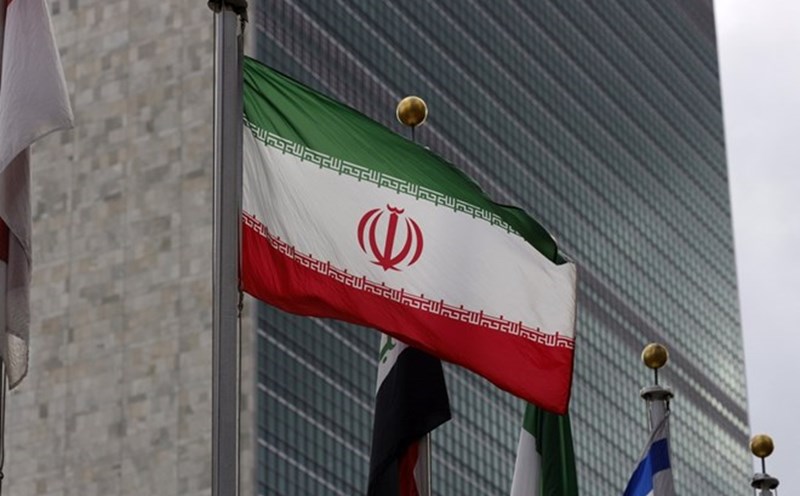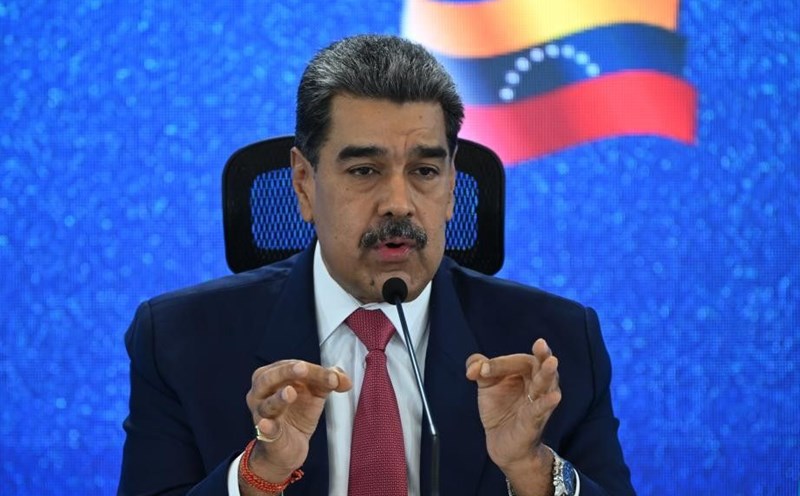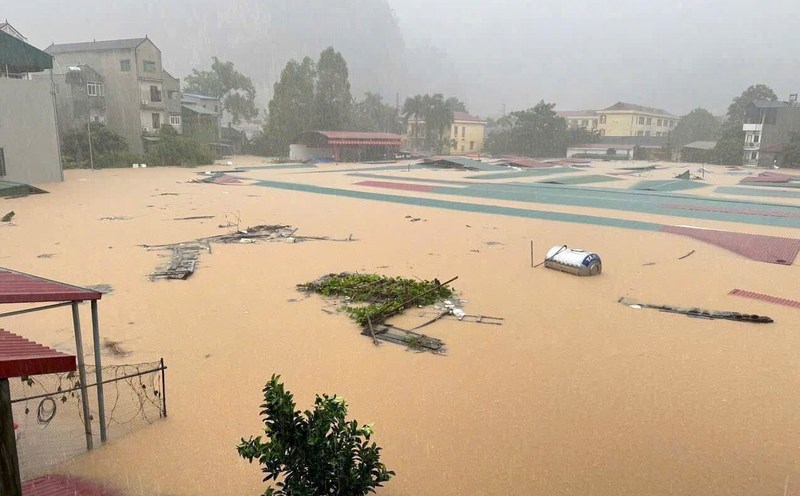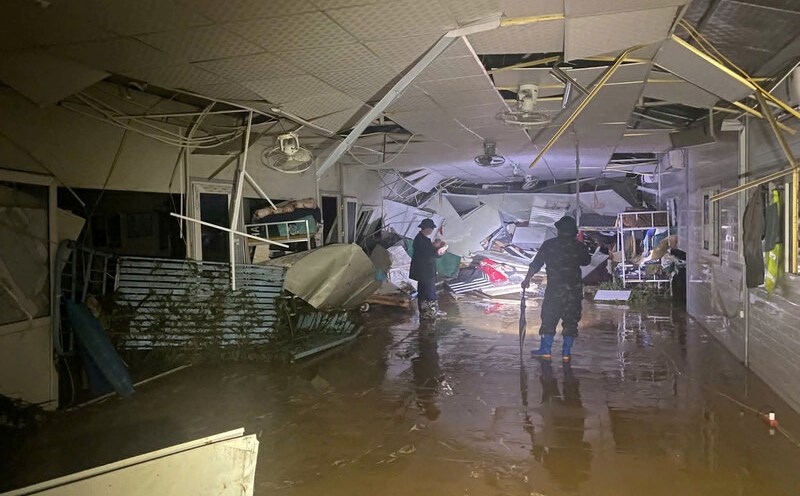Just a few hours before the old federal budget expires, the US Congress is still in a deadlock. The Republican Party, strongly influenced by President Donald Trump, introduced a bill to "continue spending" until November 21 but not with health benefits already associated with the Obamacare program. Meanwhile, the Democrats strongly opposed, considering this a move to eliminate essential social security policies for millions of people.
Republican leader in the Senate, John Thune, blamed the Democrats for not cooperating to keep the government running. In contrast, Sen. Chu Chu Schumer and Representative Hakeem Jeffries accused Trump of trying to paralyze the government for political advantage. Vice President J.D. Vance also admitted: "We are moving straight to a government shutdown."

If this scenario occurs, hundreds of thousands of federal employees will have to quit their jobs without pay, many administrative agencies, courts, national parks and public services will stop operating. Essential areas such as national defense, internal security, and customs are still maintained but operate with limited resources. In 2018 - 2019, the US went through a 35-day closure, causing billions of dollars in losses.
The key conflict centers around whether to keep or forfeit federal health care benefits. According to experts, if the funding is cut, more than 24 million Americans who buy insurance under the Obamacare program could face skyrocketing costs, increasing social unrest. Meanwhile, Republicans say it is impossible to continue pumping money into a program that they consider a burden to the budget.
The 2026 midterm election also made both sides tougher. The Republican Party wants to demonstrate President Donald Trump's leadership and fiscal discipline, while the Democratic Party insists it will not let the middle class and the poor be affected.
International organizations and financial markets are closely following the developments. Some analysts warn that if the US government shuts down, confidence in government bonds could decline, while economic growth is under threat. Even the ability to repay public debt - an issue that caused great controversy at the beginning of the year - could return to the agenda.
In this context, many urgent meetings have been held continuously at the White House but there have been no compromises. Lawmakers will have to race before midnight on September 30 to pass at least one temporary spending bill. If it fails, the US federal government will officially enter a state of closure, causing a series of political, economic and social consequences.










